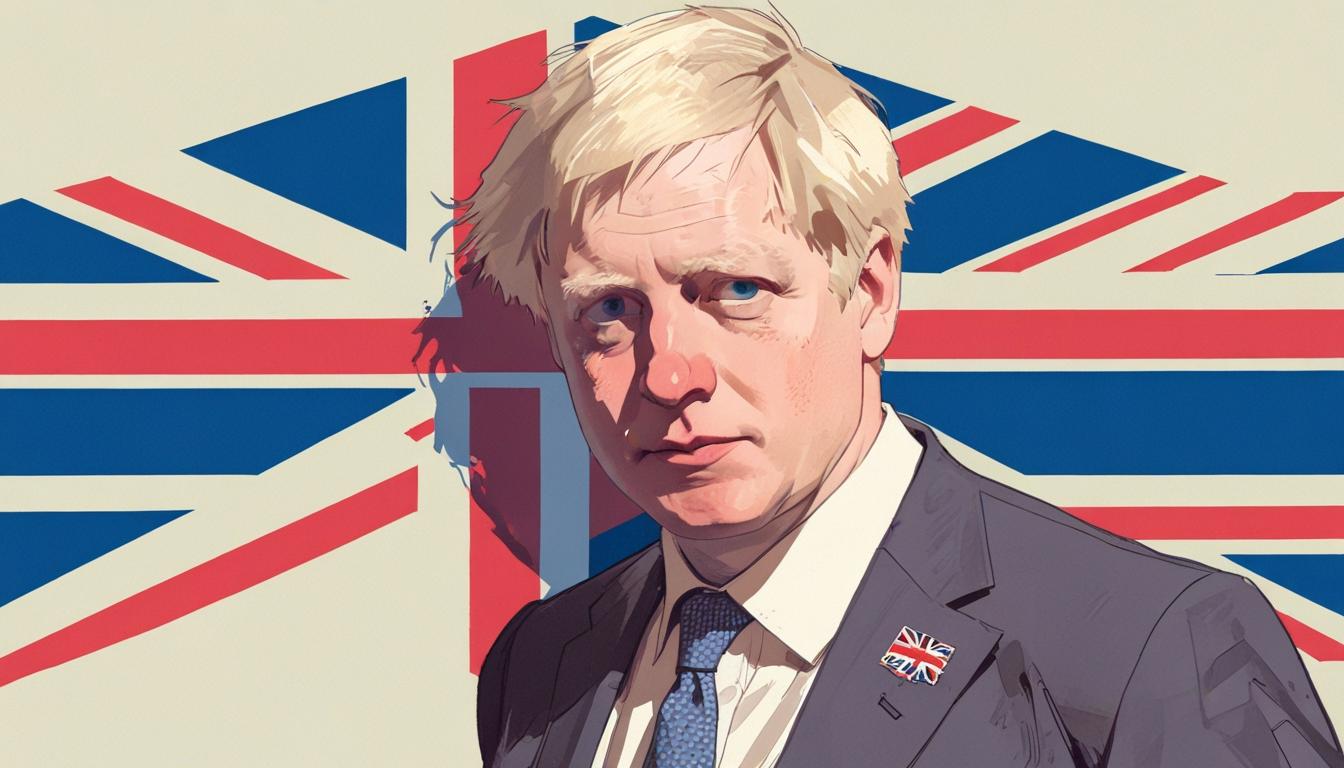Boris Johnson's political future remains a subject of intense speculation within the Conservative Party, especially following a significant decline in the party's fortunes in recent local elections. Allies of the former Prime Minister assert that Johnson is confident that Nigel Farage's Reform UK party, which has gained traction amid Conservative woes, will inevitably "self-destruct” before the next general election. This belief stems from the Conservatives' troubling performance, which saw them lose 676 seats, contrasted starkly with Reform's surge in popularity.
Current polling reflects a dismal outlook for the Conservatives, with numbers as low as 17 per cent, highlighting the party's struggle to maintain electoral relevance. Johnson's supporters argue that he remains a viable figure capable of reversing the party's decline. A recent poll suggested that under Johnson’s leadership, the Conservatives could outpace Reform by three points, making him the only potential leader capable of winning back voters disenchanted with the current party dynamics under Kemi Badenoch. This situation raises the stakes for Badenoch, who faces mounting pressure to carve out a clear agenda and re-establish connections with disenchanted party activists.
Despite the optimism of his allies, Johnson's past removal from office due to the Partygate scandal still looms large, and many question his ability to appeal to a broader electorate, particularly in southern constituencies where Conservatives are locked in fierce competition with the Liberal Democrats. Luke Tryl, the author of the aforementioned poll, highlights that while Johnson may consolidate the party's base among traditional Conservative voters, he struggles to attract support from those leaning towards Labour or the Liberal Democrats.
In contrast, Johnson's narrative is one of continued personal fulfilment outside traditional politics. “I’ve got a very productive life… campaigning for Ukraine and to ensure awareness of that is raised," he commented when asked about his political future. This detachment has led some to perceive his remarks about a return to leadership as more rhetorical than substantive. His spokesperson reiterated Johnson's commitment to Badenoch's leadership, which suggests that any ambitions for a comeback remain largely speculative at this stage.
Within the Conservative Party's fractious environment, Johnson’s allies warn against a potential merger with Reform UK, arguing that it would dilute the party’s identity and undermine efforts to reconstruct a winning coalition. Johnson himself has referred to Farage as the "Pied Piper of Clacton," suggesting that Farage’s influence has detrimental effects on the Tories' electoral prospects. Observers of the political landscape note that while Reform UK poses a genuine threat—especially in the so-called Red Wall regions that shifted to support them after Brexit—internal conflicts within Farage's party could undermine its long-term viability.
Farage has previously acknowledged the internal rife within Reform UK regarding candidate selections and leadership direction, casting doubt on his party's cohesion. In an interview, he articulated a long-term vision for British politics but maintained a critical perspective on the shifting dynamics of centre-right coalitions in the UK.
As both Johnson and Farage navigate the tumultuous waters of British politics, it is likely that the landscape will continue to evolve, particularly in light of the Conservatives’ need to re-engage with their core base. Both figures will arguably play pivotal roles as the party grapples with the challenge of redefining its identity while seeking to reclaim electoral strength ahead of the next election.
Reference Map:
- Paragraph 1: [1], [2]
- Paragraph 2: [1], [2]
- Paragraph 3: [1], [4]
- Paragraph 4: [1], [5]
- Paragraph 5: [6], [7]
Source: Noah Wire Services
